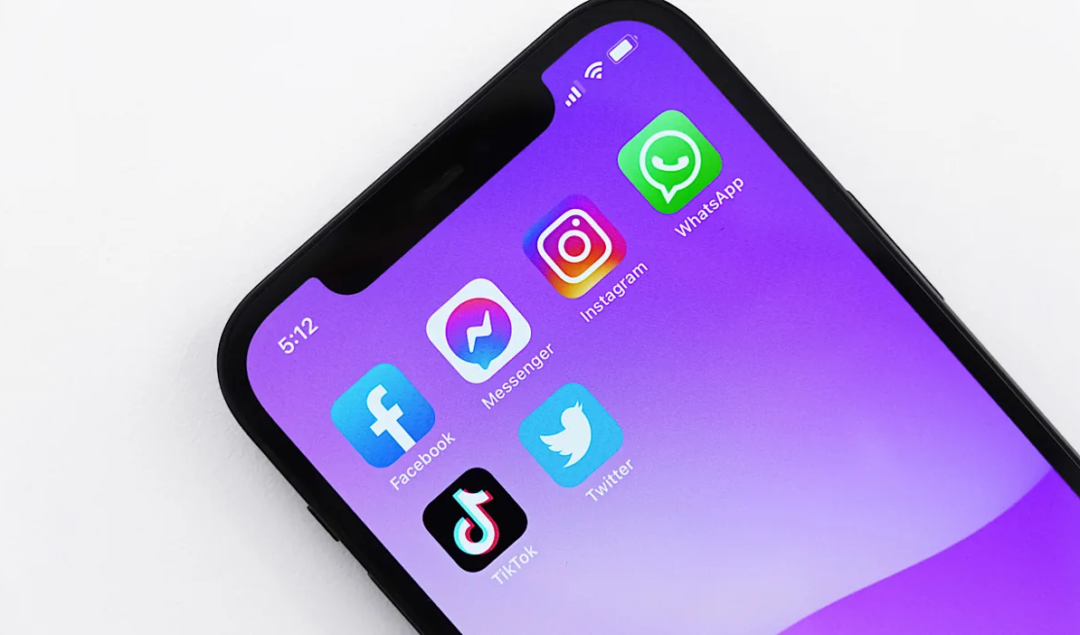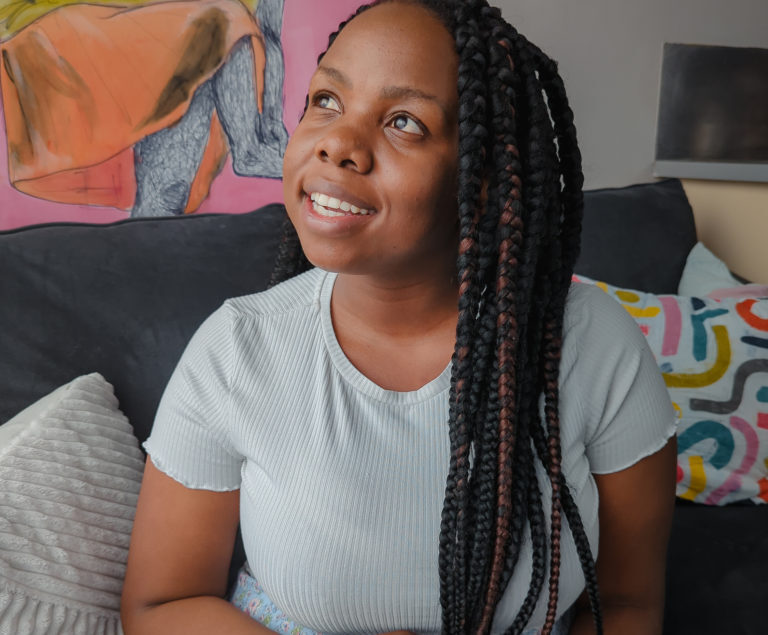Meta, the tech giant formerly known as Facebook, is under scrutiny for using public Instagram posts to train its generative AI model without notifying users in Latin America, according to Rest of the World. The company’s decision has particularly impacted artists in the region, who rely heavily on social media to showcase their work but cannot opt out of this data usage. Lack of Notification and Opt-Out Options On June 2, many Latin American artists discovered that Meta had not informed them about its plans to use their public posts
Former NFL quarterback and activist Colin Kaepernick has announced the launch of Lumi, an AI-powered storytelling platform. Lumi aims to change the storytelling process, allowing individuals to create, publish, and monetize their stories regardless of their skill set. The platform offers end-to-end story creation, simple AI tools, and both physical and digital publishing options, making it easier for creators to bring their stories to life. With the added benefit of built-in merchandising, creators retain full ownership of their work, bypassing traditional industry gatekeepers. Addressing Gaps in Storytelling Kaepernick’s inspiration for
SheerLuxe, a renowned UK lifestyle and fashion magazine, recently introduced Reem Bot, a woman of color AI-powered fashion and lifestyle editor, causing backlash. Presented as a new team member, Reem is designed to provide recommendations on fashion, beauty, travel, and more. However, the announcement was met with significant backlash, particularly regarding the ethical implications and the portrayal of Reem as a person of color. Public Reaction and Concerns The introduction of Reem Bot sparked controversy among SheerLuxe’s audience, which includes nearly half a million Instagram followers. “We’re thrilled to introduce
The Black AI Consortium has officially launched, aiming to encourage dialogue and advancement in artificial intelligence (AI) with Black scholars at the forefront. The consortium, established in May, seeks to provide a network for individuals across the African diaspora interested in AI, encouraging the sharing of ideas and insights while addressing current industry concerns. A Network for AI Enthusiasts Across the African Diaspora The mission of the Black AI Consortium, as reported by Black News, is to “cultivate a vibrant and supportive community where individuals of the African diaspora can
The Mall of America is facing backlash following the implementation of its new facial recognition technology. The use of the technology has raised privacy concerns among lawmakers, civil liberties advocates, and the general public. Concerns Over Privacy and Misuse Minnesota State Senators Eric Lucero (Republican) and Omar Fateh (Democrat) have united in urging the Mall of America to halt its facial recognition operations. “Public policy concerns surrounding privacy rights and facial recognition technologies have yet to be resolved, including the high risks of abuse, data breaches, identity theft, liability and
Operation HOPE and OpenAI CEO Sam Altman have launched an AI Ethics Council to help ensure marginalized poplations and people of color are included in the AI developments. The announcement comes amid criticisms of OpenAI, Meta, and other major players in the AI space lacking diversity on their boards and decision-making bodies. A Historic Partnership According to a press release, OpenAI’s partnership with Operation HOPE, a leading nonprofit dedcated to financial literacy for underserved communities, began with a listening tour at Clark Atlanta University in spring 2024. During this tour,
The world’s first artificial intelligence beauty pageant from has crowned its inaugural winner, Kenza Layli from Morocco. The competition, organized by the World AI Creator Awards, showcased AI-generated models vying for the title of Miss AI. Layli, an AI-generated activist and influencer, won from a pool of over 1,500 contestants, winning a prize package worth over $13,000. AI Influencer Kenza Layli Layli, known for engaging content and activism, has over 193,000 Instagram followers. Her digital persona is dedicated to empowering women in Morocco and the Middle East. Her creator, Meriam
Nigeria’s National Information Technology Development Agency (NITDA) has unveiled plans to establish research centers for emerging technologies across the country’s six geopolitical zones. The technologies include Artificial Intelligence (AI), Internet of Things (IoT), and blockchain, aimed to build a technology research ecosystem. Fostering Innovation and Development Kashifu Inuwa, Director General of NITDA, announced the initiative at the IoT West Africa Conference held in Lagos. Represented by Aristotle Onumo, NITDA’s Director of Corporate Planning and Strategy, Inuwa emphasized that the new research centers align with the agency’s mission to support technological
AI and satellite imagery are being used to fight spatial apartheid in South Africa, exposing stark inequalities and driving systemic change. According to MIT Technology Review, Raesetje Sefala, a 28-year-old researcher from Limpopo, South Africa, is at the forefront of using AI and satellite imagery to combat spatial apartheid. Growing up in a township, Sefala witnessed firsthand the disparities between Black townships and affluent white neighborhoods. Now, she’s using cutting-edge technology to address these injustices. Unearthing Spatial Inequities In collaboration with computer scientists Nyalleng Moorosi and Timnit Gebru at the
The US National Science Foundation (NSF) has announced an investment to enhance diversity and inclusion within the artificial intelligence (AI) research community. The NSF has allocated $10 million in grants to seven innovative projects in collaboration with the Departments of Homeland Security, Agriculture, Defense, and the National Institute of Standards and Technology. These initiatives aim to strengthen AI research and education at minority-serving institutions (MSIs), including historically Black colleges and universities (HBCUs). A Diverse AI Research Community The new round of ExpandAI awards is a strategic move to cultivate a













